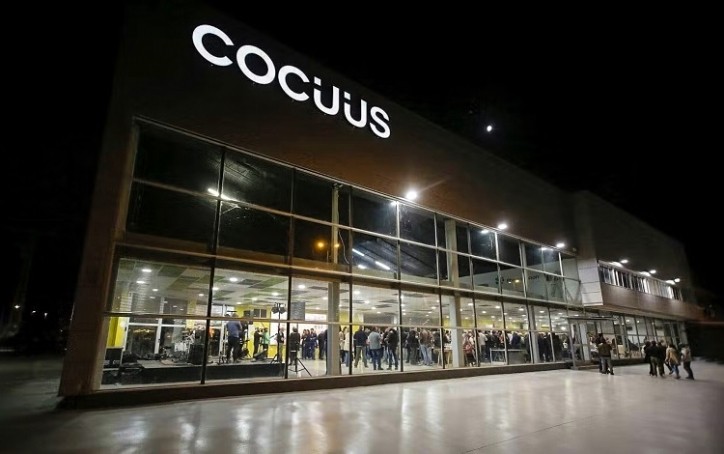Cargill has expanded its range of products in recent years and now has a stake in various forms of protein. Whether sourced from animals, plants, or microbes, Cargill believes that the demand for protein is here to stay.
What protein sources is Cargill focusing on? And why is a diversified investment strategy important for one of America’s largest meat producers?

Cargill’s Focus on Animal-Based Protein: ‘Meat Is Here to Stay’
As the global population grows, the need for protein will increase. According to FAO estimates, global protein demand is projected to rise by 135% by 2050.
Cargill expects a significant portion of this demand to be met by conventional meat. “We believe that animal-based protein will continue to be important, but will be complemented by more plant-based or microbial-based alternatives,” said Geert Maesmans, innovation leader for Health & Nutrition at Cargill Food Solutions.
Cargill is a major player in beef and poultry production, processing over eight million cattle and producing nearly eight billion pounds of beef and by-products in North America annually.
While expanding its portfolio of alternative protein sources, meat remains a key sector for Cargill. “We are continuing to invest in alternative proteins while growing our animal protein businesses,” Maesmans confirmed, emphasizing that the company is committed to its animal protein interests.
This year, Cargill has acquired two meat processing plants in the US to enhance its production and distribution of supermarket case-ready beef and pork.
In addition to conventional meat, Cargill has also invested in cultivated meat, where animal stem cells are grown in bioreactors. Over the past five years, the company has invested in various cultivated meat producers such as Memphis Meats, Aleph Farms, Wildtype, and Upside Foods.

“We continue to invest in different proteins because as the world population grows, the demand for protein will not diminish,” Maesmans added.
Investing in Alternative Proteins Amid Challenges in Plant-Based Meat Sector
In addition to conventional meat production, Cargill is a major player in the plant protein market. “We are heavily involved in agricultural-based raw materials, particularly plant proteins,” Maesmans noted.
While some interest in plant-based meat may have waned, Cargill remains committed to the sector. “Plant-based meat continues to grow and attract new participants in both production and consumption,” Maesmans emphasized.
Factors like affordability have become crucial, with the cost-of-living crisis affecting consumer spending. Maesmans believes that the plant-based sector still has room for improvement before achieving price parity with meat and dairy industries.
Despite challenges, Cargill continues to supply ingredients for plant-based alternatives, including plant proteins.”
Last year, Cargill partnered with Barcelona-based start-up Cubiq Foods to develop innovative fat technology for the plant-based meat market.
Cargill’s Interest in 3D Printing Technology
Cargill is also exploring new technologies for plant-based meat alternatives. The company has invested in Spanish start-up Cocuus to scale up production of 3D-printed plant-based bacon. Cocuus plans to expand its range to include 3D-printed plant-based tuna and shrimp.
By investing in technology, Cargill aims to offer consumers nutritious and sustainable food options that encourage repeat purchases.
In addition to plant-based ingredients, Cocuus is leveraging its technology to transform meat off-cuts into 3D-printed prime cuts.
Cargill believes that scaling up technology will improve quality, affordability, and availability of plant-based products.

Cocuus is not limiting itself to plant-based ingredients but also utilizing its technology for meat-based products enriched with Omega 3 or low-cholesterol options.
Investing in the Fungi Kingdom and Exploring Microbes
In addition to its other protein sources, Cargill is strengthening its partnership with mycoprotein maker ENOUGH to utilize its fermented protein ABUNDA.

The collaboration with ENOUGH aims to meet the growing global demand for sustainable protein sources. Mycoprotein is valued for its texture, protein profile, scalability, and sustainability, providing an alternative to traditional meat sources.
Cargill is also monitoring precision fermentation, a technology that utilizes microbes to produce complex proteins like dairy products. While still in the nascent stages, Cargill sees potential in this technology and is exploring ways to further develop and commercialize it.





